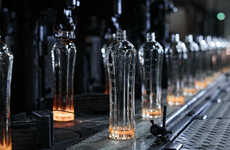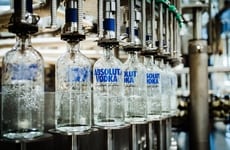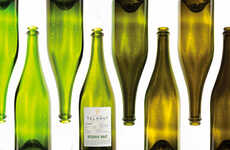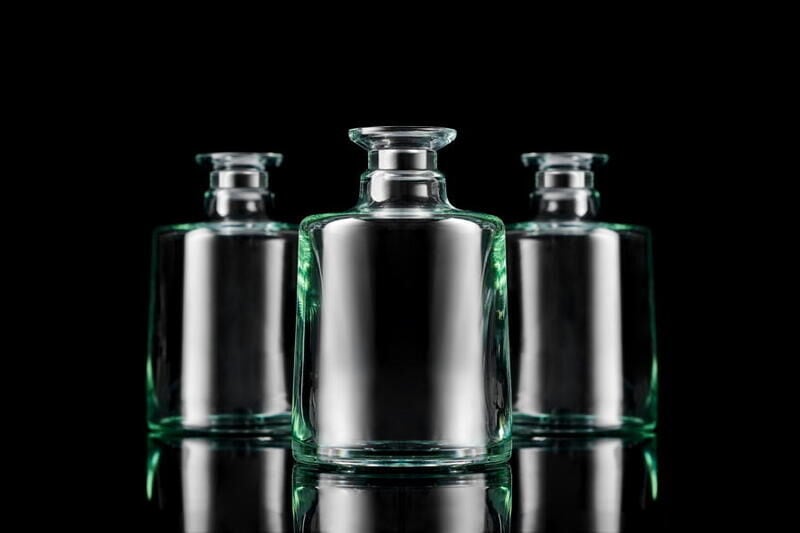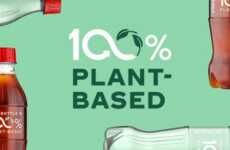Steklarna Hrastnik Produces "the World’s Most Sustainable Glass Bottle"
Laura McQuarrie — October 27, 2021 — Eco
References: premiumbeautynews
Slovenian glassmaker Steklarna Hrastnik uses green hydrogen gas to produce what it calls "the world’s most sustainable glass bottle." The first batch of carbon-free bottles eliminated the main source of carbon dioxide emissions from the production process thanks to green hydrogen produced by electrolysis thanks to solar cells, and raw material created from waste recycled glass.
Now, the glassmaker is ready to invest in industrial production capacity for brands that are ready to support the future of sustainability and decarbonization when it comes to creating glass packaging. Steklarna Hrastnik ultimately aims to produce hydrogen as its own fuel for glass melting, and it sees that possibility within two to three years. The company is also on a mission to reduce its carbon footprint by more than 40% by 2030 and reach neutrality by 2050.
Now, the glassmaker is ready to invest in industrial production capacity for brands that are ready to support the future of sustainability and decarbonization when it comes to creating glass packaging. Steklarna Hrastnik ultimately aims to produce hydrogen as its own fuel for glass melting, and it sees that possibility within two to three years. The company is also on a mission to reduce its carbon footprint by more than 40% by 2030 and reach neutrality by 2050.
Trend Themes
1. Green Hydrogen Production - The use of green hydrogen gas for glass bottle production presents an opportunity for businesses to invest in sustainable production methods and reduce carbon emissions.
2. Carbon-neutral Packaging - The development of carbon-free glass bottles promotes the trend of carbon-neutral packaging and offers opportunities for businesses to transition to sustainable packaging alternatives.
3. Circular Economy - The utilization of waste recycled glass as raw material for carbon-free glass bottles aligns with the circular economy trend, and presents opportunities for companies to reduce waste and promote sustainability.
Industry Implications
1. Glass Manufacturing - The glass manufacturing industry can invest in green hydrogen production and carbon-free bottle production to align with sustainable practices and reduce carbon emissions.
2. Packaging - The packaging industry can transition to carbon-free glass bottles to reduce their carbon footprint and promote sustainability for their products.
3. Renewable Energy - Renewable energy industries can provide opportunities for businesses to invest in green hydrogen production for sustainable and decarbonized glass production methods.
5.3
Score
Popularity
Activity
Freshness
